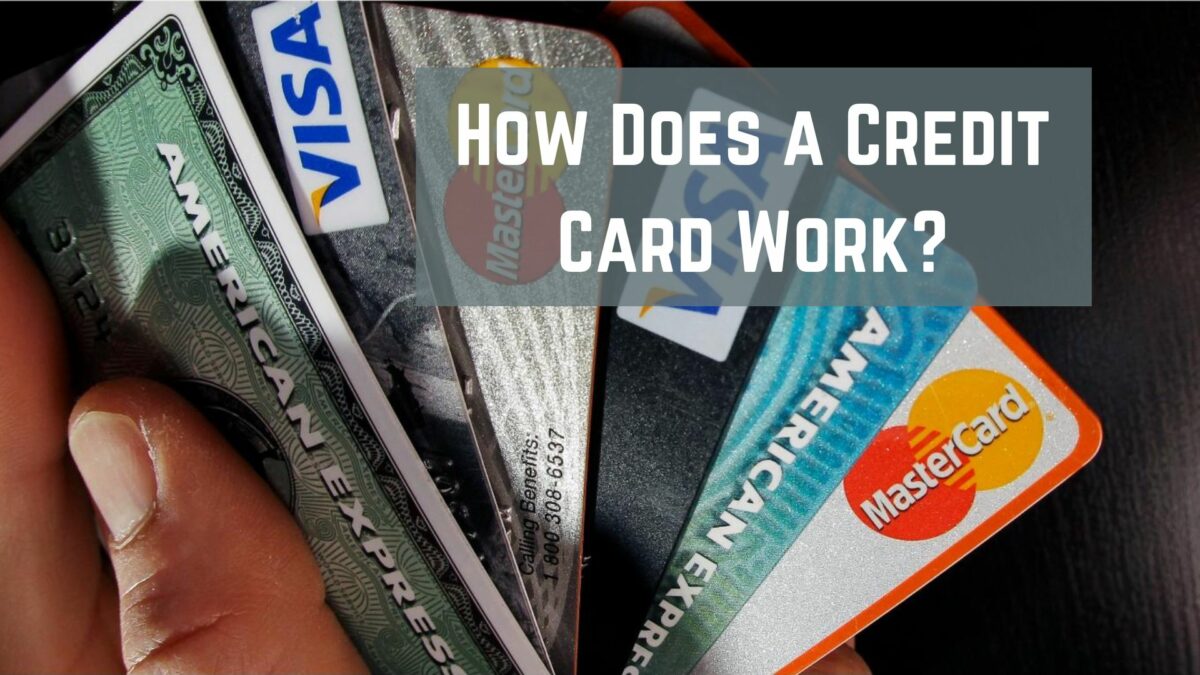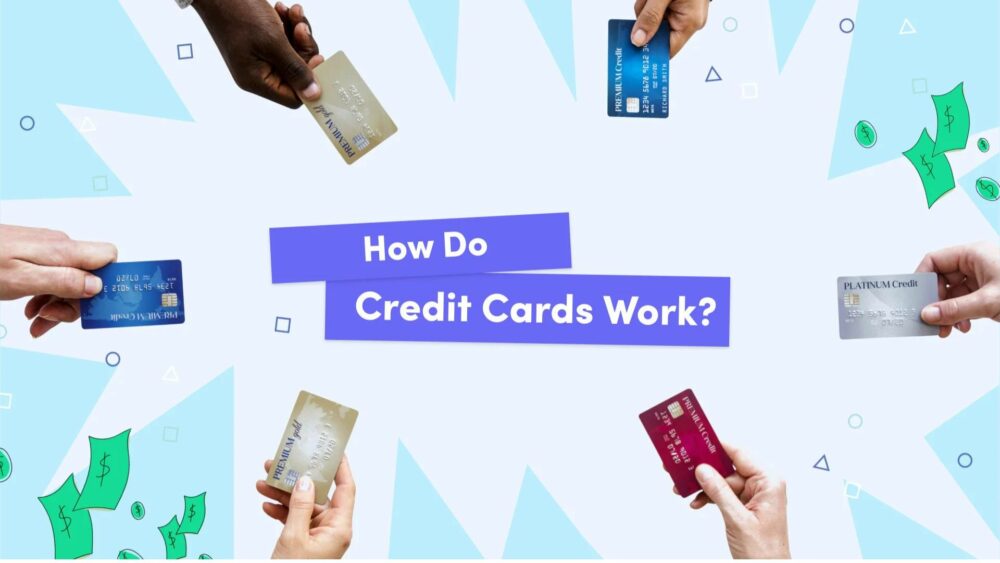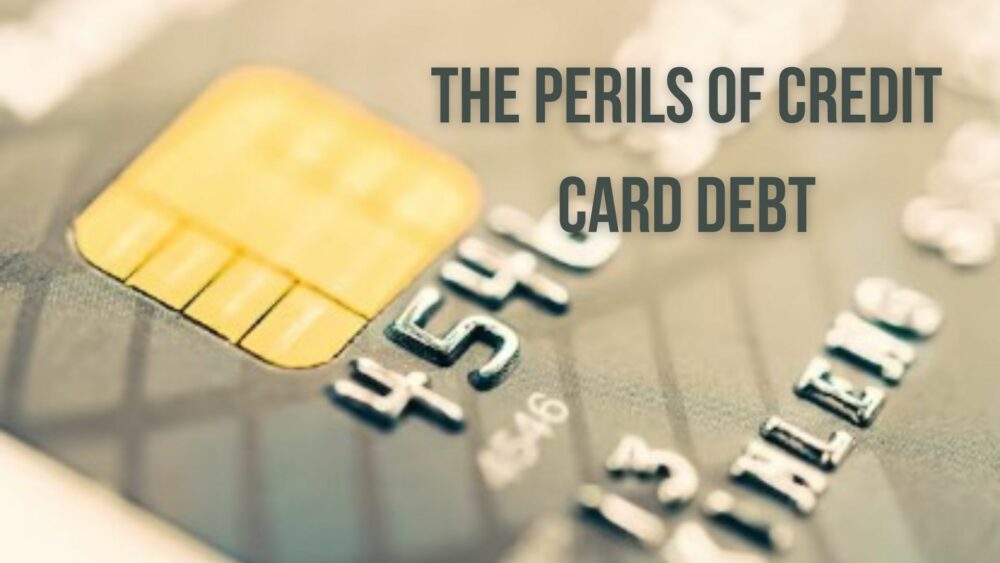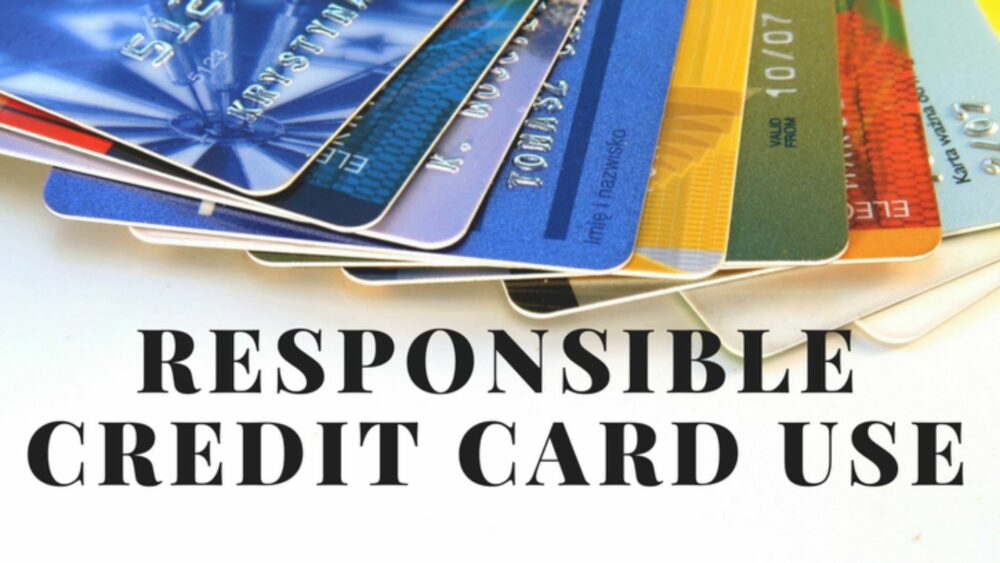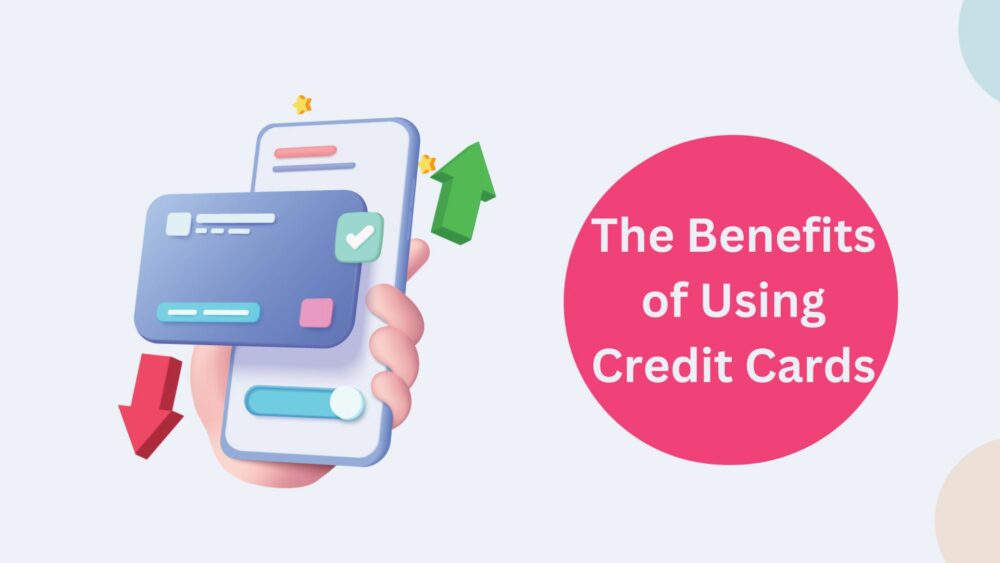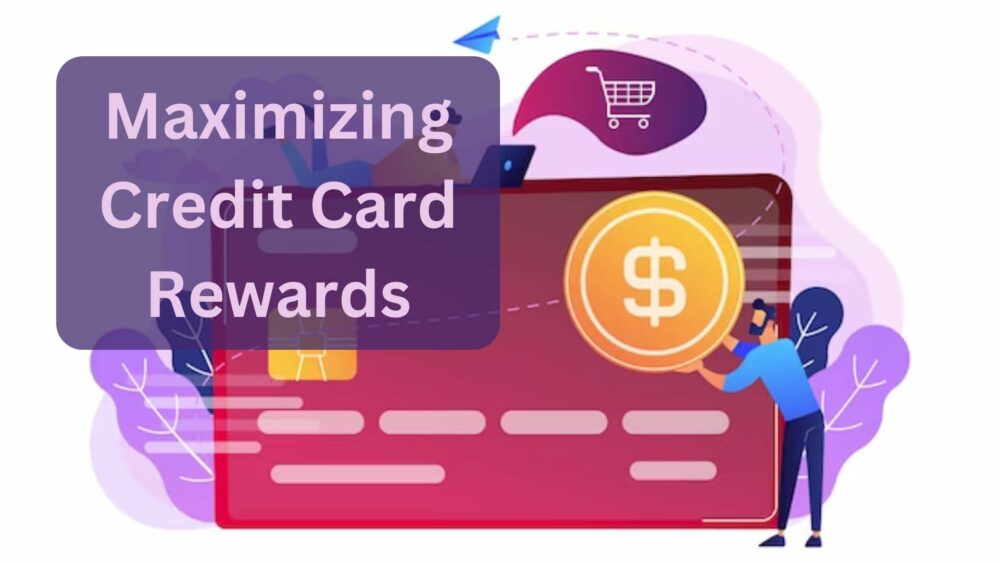Are you curious about the intricacies of credit cards and wondering, “How does a credit card work?” Look no further. In this comprehensive guide, we delve into the fundamental aspects of credit cards, shedding light on their functionality and importance in today’s financial landscape. Whether you’re a seasoned credit card user or new to the world of plastic, understanding how credit cards function, the impact of interest rates, and the allure of rewards programs is essential. By the end of this article, you’ll have a clear grasp of how credit cards operate, enabling you to make informed financial decisions.
The Basics of Credit Cards
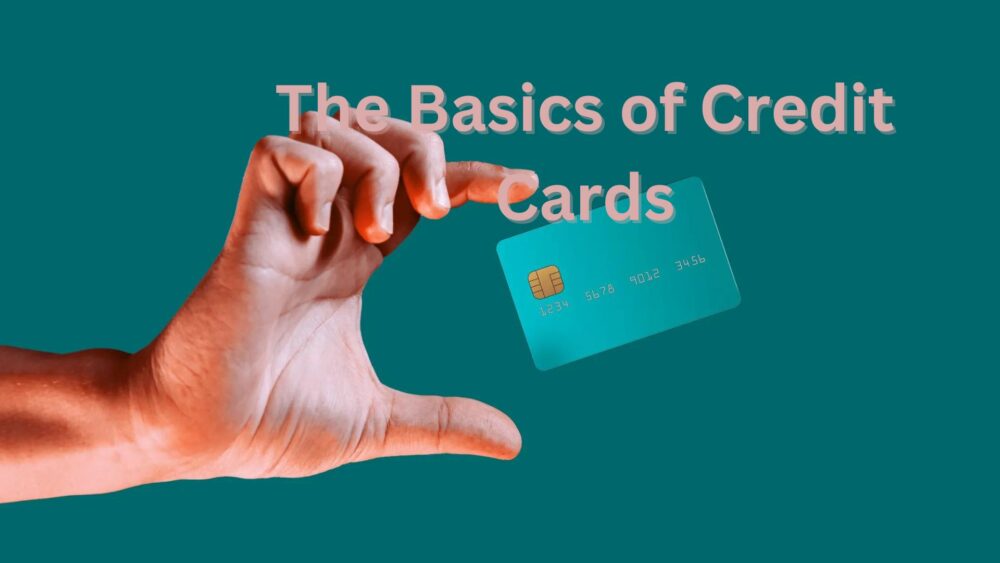
A credit card is an asset for managing money that enables users to make purchases on credit. It is a plastic card issued by a financial institution, typically a bank or credit union, which extends a line of credit to the cardholder. When you use your credit card for a purchase, you’re essentially borrowing money from the bank. The bank pays the merchant on your behalf, and you are obligated to repay the bank later. However, your borrowing capacity is limited to a specific amount, referred to as your credit limit. Once you’ve reached your credit limit, you cannot make further charges until you’ve paid down some of your outstanding balance.
How does a credit card work?
When you make purchases with a credit card, you will incur interest charges on the amount you owe, known as your balance. However, interest is not charged immediately. There’s a crucial concept known as the grace period that applies to all credit card purchases.
At the end of each month, your credit card issuer will send you a statement or bill. This statement provides information on your outstanding balance and the minimum payment required to avoid late payment fees. If you pay the entire balance before the due date, you won’t accrue any interest charges. However, if you don’t pay the full balance, interest will begin to accumulate.
The amount of interest you owe depends on your Annual Percentage Rate (APR), which represents the annual cost of borrowing money. Importantly, your credit card issuer calculates and applies daily interest once the grace period expires. To calculate your daily interest, divide your APR by 365, and then multiply it by your balance.
For example, if you have a balance of $10,000 with a 26% APR, your daily interest rate is approximately 0.071%. This means you’ll accrue about $7.10 in interest each day, leaving your new balance at $10,007.10, assuming no additional charges to the card.
The Perils of Credit Card Debt
Here’s where the danger lies. The next day, your credit card issuer applies daily interest to your new balance ($10,007.10), increasing it by $7.11. This cycle continues, causing your balance to snowball rapidly. This demonstrates how credit card debt can quickly spiral out of control.
Credit card debt can also have a negative impact on your credit score, particularly if you approach your credit limit regularly. To maintain a high credit score, aim to utilize only 30% or less of your available credit.
Responsible Credit Card Use
If you remember just one rule about credit card usage, it should be this: never charge more to your card than you can pay back in full at the end of each month. By paying for purchases in the same month, you can eliminate interest charges entirely.
If you do find yourself carrying a balance, make it a priority to pay it down as quickly as possible. Reduce your spending, refrain from making additional charges, and consider options like a balance transfer card or a personal loan to manage your debt more effectively. If you are tired of paying high interest rate on credit card debt then check out 0 interest credit cards.
The Benefits of Using Credit Cards
Now that we’ve discussed the potential pitfalls, let’s explore why people use credit cards:
1. Building Credit:
Credit cards are a powerful tool for establishing and improving your credit history. Demonstrating responsible borrowing and repayment habits is crucial if you plan to apply for loans in the future.
2. Security:
Credit cards offer enhanced security, especially when shopping online. If your card details are compromised, you can simply contact your credit card company to dispute fraudulent charges. This level of protection is not available with debit cards, which are directly linked to your bank account.
3. Rewards:
One of the most enticing aspects of credit cards is the rewards they offer. Rewards can vary based on the type of card you have:
- Cash Back Cards: Earn cash back or gift cards for popular retailers.
- Travel Rewards Cards: Accumulate miles for airline and hotel expenses, often with additional perks like free travel vouchers.
- Balance Transfer Cards: Benefit from zero percent introductory APR periods, ideal for managing existing credit card debt or financing new purchases.
Additionally, credit cards may provide lesser-known benefits such as purchase protection, which reimburses you for damaged or stolen items.
Maximizing Credit Card Rewards
To make the most of your credit card, choose one that aligns with your spending habits and offers the rewards you desire. Check the best credit cards for international travel. Use this card frequently to accumulate rewards faster. However, always keep your focus on the monthly bill, as carrying a balance usually costs more than the rewards you earn. Responsible credit card use is essential for enjoying the full benefits without falling into debt.
Conclusion
Credit cards can serve as valuable tools for building credit, ensuring online security, and reaping rewards on everyday purchases. Nevertheless, responsible usage is paramount to prevent financial difficulties. Keep these guidelines in mind to leverage the benefits of credit cards while safeguarding your financial well-being. If you need further guidance or credit card recommendations, visit our website for comprehensive information and expert advice.
Frequently Asked Questions (FAQs)
What is a credit card’s grace period, and how does it affect interest charges?
The grace period is a window of time during which you can pay your credit card balance in full without incurring any interest charges. It typically spans from the end of your billing cycle to the due date on your statement. You won’t be assessed an interest fee if you pay off your debt in full within this time frame. However, if you carry a balance, interest will accrue from the date of purchase.
How does my credit card’s APR impact the cost of borrowing?
APR, or Annual Percentage Rate, represents the yearly cost of borrowing on your credit card. The higher your APR, the more you’ll pay in interest if you carry a balance. Credit card companies often have different APRs for purchases, balance transfers, and cash advances, so it’s essential to understand how each rate applies to your card.
What is a credit limit, and how is it determined?
Your credit limit is the maximum amount you can borrow on your credit card. Credit card issuers determine your credit limit based on several factors, including your credit history, income, and creditworthiness. Responsible credit card usage and timely payments can help increase your credit limit over time.
Can I use a credit card to improve my credit score?
Yes, using a credit card responsibly can positively impact your credit score. Paying your credit card bills on time and keeping your credit utilization (the percentage of your credit limit you use) low can demonstrate responsible financial behavior, which can help improve your credit score over time.
What are the advantages of using a credit card over a debit card?
Credit cards offer several advantages over debit cards. These include enhanced security against fraud, the ability to build credit, access to rewards and cashback programs, and the opportunity to delay payment until the end of the billing cycle. However, it’s crucial to use credit cards responsibly to avoid high-interest charges and potential debt.

